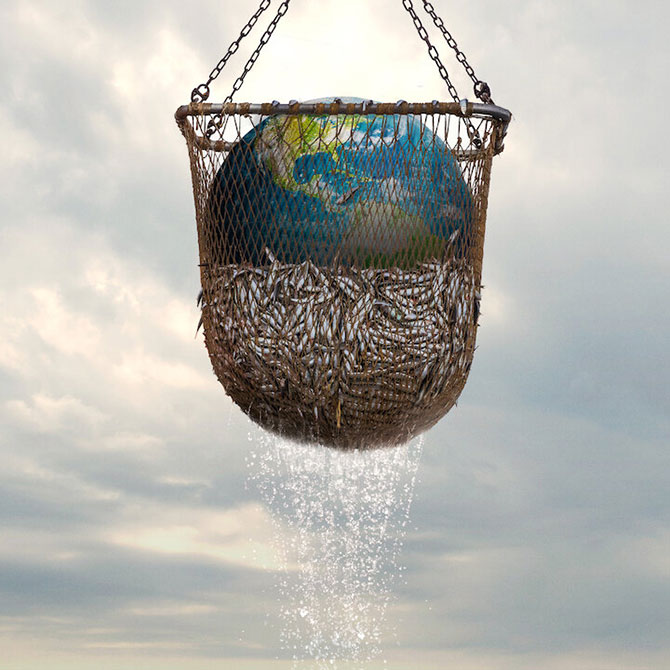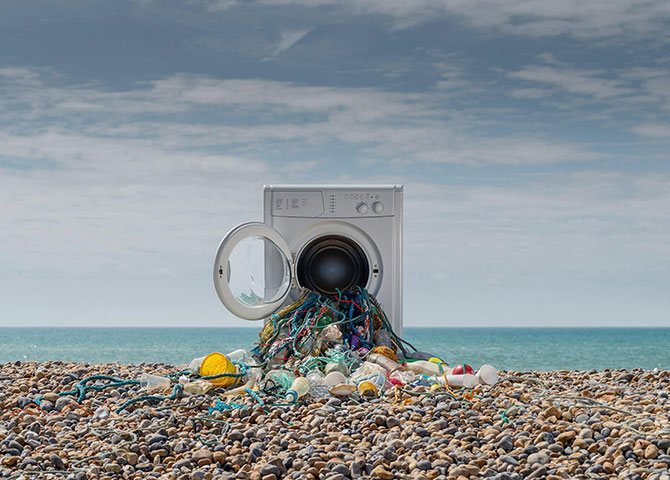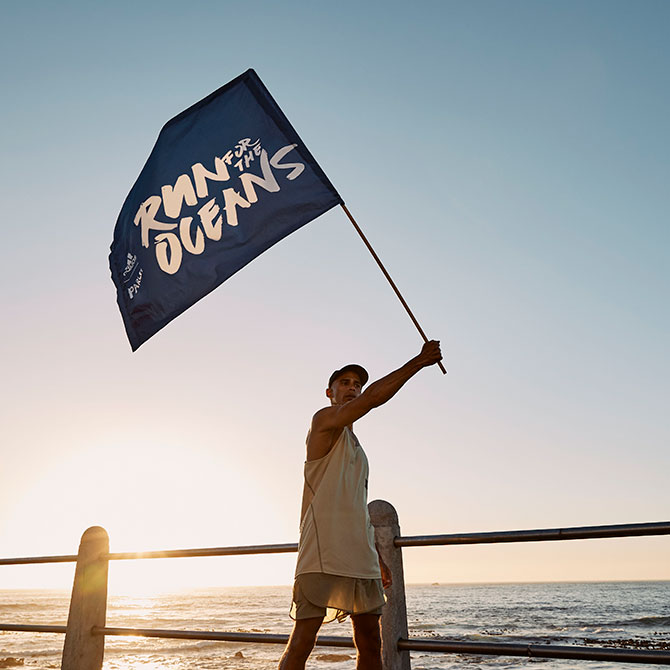Every year since 1992, people around the planet celebrate World Oceans Day on June 8. And for good reason, seeing that the ocean is the heart and lungs of our planet, supplying 50 per cent of the planet’s oxygen. Our beautiful blue seas teem with diversity and serve as the main source of protein for more than a billion people around the world.
Not only is the ocean key to our economy with an estimated 40 million people being employed by ocean-based industries by 2030, it’s also an essential life source for humanity and every other organism on earth. Yet, the reality is that humans are overfishing and polluting its waters by the day—you’ve probably seen the shocking proof.
It is thus becoming more imperative that we all practise good lifestyle habits to keep our oceans safe from the threats of pollution, climate change and overfishing. Below, we list down eight ways you can support World Oceans Day, every day.
Reduce your use of plastic
View this post on Instagram
It’s not just plastic straws or single-use plastic that are contributing to ocean pollution. Anything and everything made from plastic—including microplastics in our clothing that get washed into the sea—add to the ‘plastic islands’ which end up killing marine life and disrupting the entire ecosystem. As hard as it is to completely rid our life of plastics, it’s a matter of cultivating better lifestyle habits such as using reusable tote bags for groceries, carrying a water bottle and non-disposable food containers, recycling, and buying better clothing (more on this later).
Educate yourself about the ocean
View this post on Instagram
American author Suzy Kassem once said, “Ignorance is not bliss. It is the kiss of death.” She’s definitely not wrong when it comes to ignorance of our impact on the ocean. If you’re uninformed, it bodes well for you (and everyone else) to start reading up resources on marine environments, watching ocean-related documentaries, or even following earth-conscious social media accounts such as Oceana, 4ocean and Greenpeace for more insights. Understanding the consequences of your actions is the first step in making wiser consumer decisions.
Make sustainable seafood choices

This may be hard on seafood lovers, but if you think long-term, making conscious decisions on your eating habits now will allow for your continual enjoyment of ocean-based proteins. One way to buy more sustainable seafood is to choose locally-caught fish that are lower on the food chain like anchovies and mackerel, as these reproduce quickly and can be caught in large numbers without burning a lot of fuel. Avoid eating big fish or endangered species like bluefin tuna, deepwater shark, and Atlantic halibut.
Alternatively, opt for sustainably farmed options like tilapia and salmon (Seaspiracy allegations aside; after all, there are disputes from all sides). Wherever possible, ask your vendors how their seafood is sourced or look for MSC and ASC certifications as these eco-labels are your safest bet for sustainable fishing locally. As a rule of thumb, watch your seafood consumption and don’t overindulge.
Mind your hygiene habits
View this post on Instagram
This may sound like a given but newsflash—your toilet is not your rubbish bin. Seriously, you’d be surprised at what some people flush down the lavatory. Never dump anything other than, well, your number one or two (read: pee and poo), and tissue paper (unless otherwise stated in public areas). Items like baby wipes, condoms, pads, tampons, medication, and pet droppings should be disposed via rubbish bins, not down the toilet. Water treatment systems are not designed to filter these products, which only wind up clogging the system or littering beaches and the ocean.
Buy clothing made from sustainable materials

Not many realise this, but the fashion and textiles industry is a major polluter of water at all stages in the value chain. In fact, it accounts for 34.8 per cent of global microplastic pollution, with approximately 700,000 microfibres being released into our sewage system in every wash cycle. These microfibres can potentially harm aquatic organisms and also emit greenhouse gases as they degrade.
To minimise the impact of our fashion choices on the ocean, avoid buying clothing made from synthetic materials such as acrylic, polyester and polyester-blends. Instead, prioritise slow fashion and sustainable materials like organic cotton and recycled fabrics to prevent microfibre emissions. If possible, reduce your laundry load and frequency or simply wear less clothes! (P.S: The latter should be easy while living in lockdown.)
Use reef-safe personal care products
Although those of us who live in the city or suburbs are unlikely to be near the sea anytime soon, it’s good practice to be mindful of the ingredients in our personal care products. This includes our skincare, hair and body products, and particularly, sunscreen. Always check through the ingredients list to make sure the product is reef-safe and free of chemicals or pollutants that may enter our water treatment systems and eventually pollute the ocean.
Here are some red flags to immediately cross out from your inventory: microbeads, formaldehyde, oxybenzone, and parabens, to name a few. If it sounds too overwhelming to scrutinise the ingredients list of every single personal care item you purchase (which we’re all too familiar with), try to stick to renowned clean, green and eco-friendly brands.
Support organisations that help protect the ocean

There are many organisations out there with the noble mission to help save our oceans. Often times, their efforts welcome public contribution—whether in the form of donations, volunteer work, or advocacy. For instance, adidas has the ‘Run for the Oceans’ challenge in collaboration with Parley this year, which aims to raise awareness on marine plastic pollution and clean up to 500,00 lbs (approximately 226,796 kg) of plastic waste for every km tracked with the
| SHARE THE STORY | |
| Explore More |




